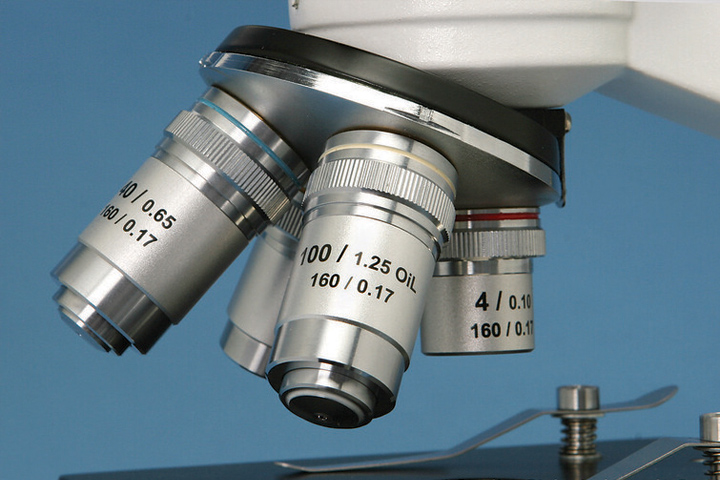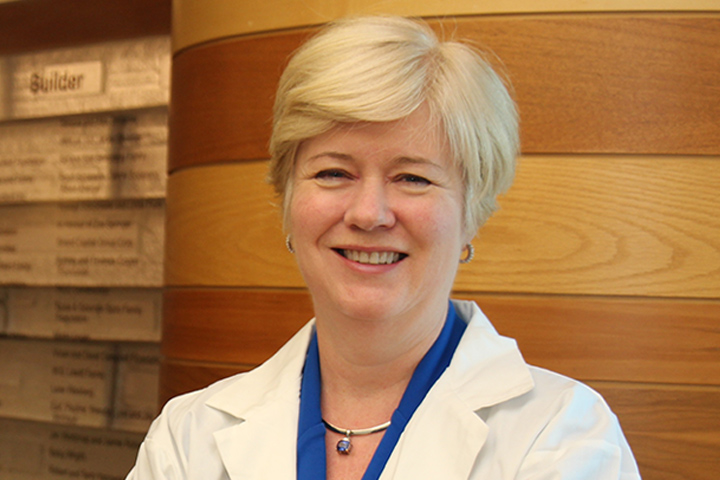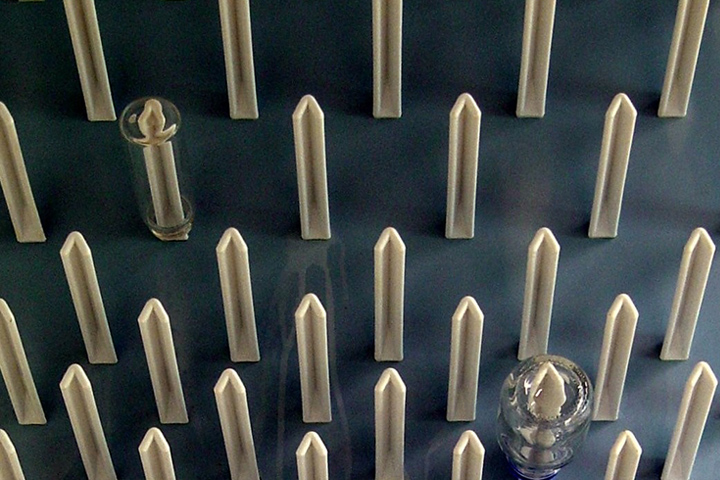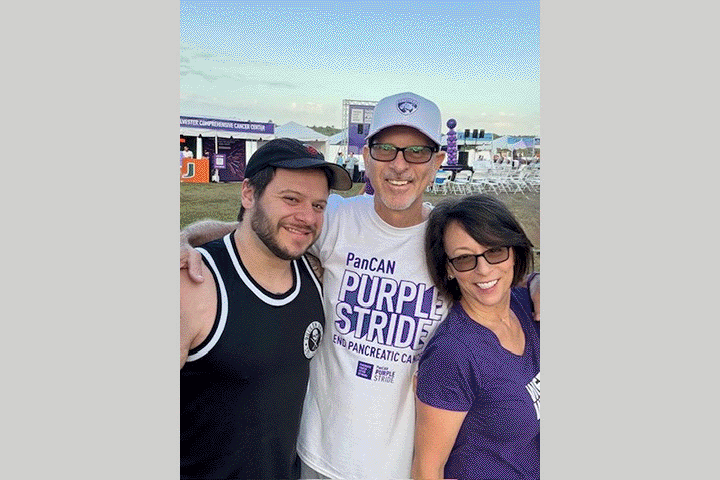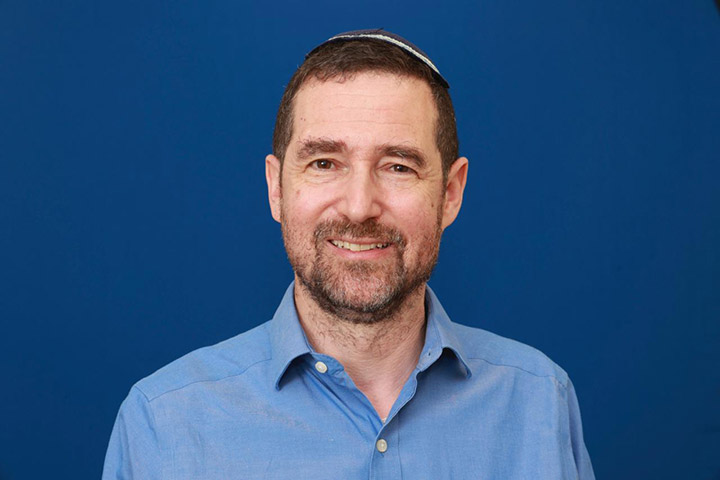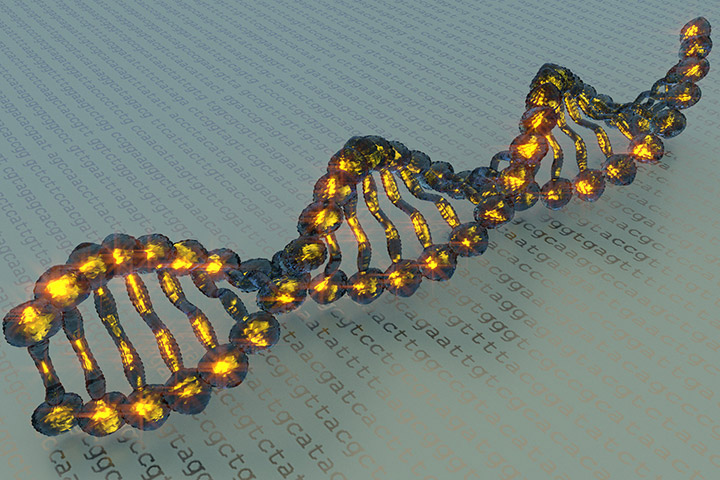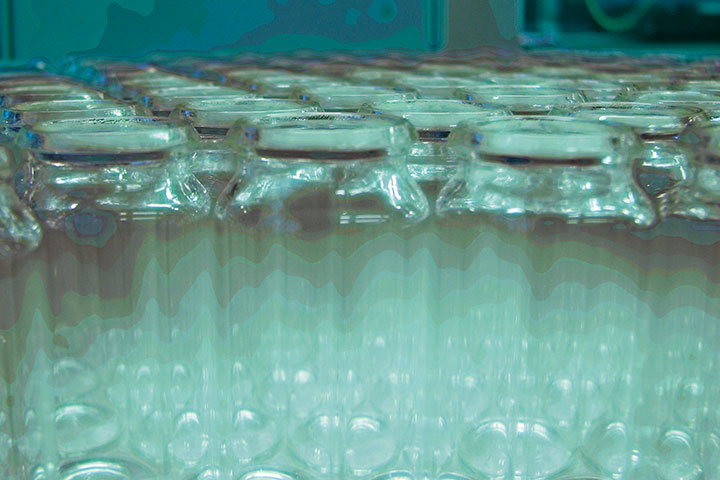Test
210 articles
Pancreatic Cancer Science—2021 in Review
As the year winds down Let’s Win provides an overall look at the highlights of 2021 in pancreatic cancer science.
Canadian Study NeoPancONE Focuses on Biomarker Validation
Dr. Jennifer Knox is leading the NeoPancONE trial for a biomarker that indicates which patients will respond better to certain chemotherapy before surgery.
A Potential Role for PARP Inhibitors in Pancreatic Cancer
Dr. Michael Pishvaian leads research into the possible role of PARP inhibitors in treating pancreatic cancer patients with certain genetic mutations.
Navigating Pancreatic Cancer: Apps at Your Fingertips
Manage your pancreatic cancer care effectively with these seven smartphone apps. Track your nutrition intake, doctor’s appointments, and more.
Vitamin C Plus Standard Chemo Improves Overall Survival
Dr. Joseph Cullen believes intravenous vitamin C can help pancreatic cancer patients and his most recent trial results back this up.
Pancreatic Cancer Pain Management a Zap Away
Dr. Yaacov Lawrence discusses the results of his clinical trial using SBRT radiotherapy for pain management of pancreatic tumors.
Progress in BRCA-Related Cancers Highlighted By the Basser Center
The Basser Center for BRCA hosted a panel discussion of the latest breakthroughs and discoveries for BRCA-related cancers.
Chemo and SBRT for Inoperable Pancreatic Cancer
For inoperable pancreatic cancer, researchers are comparing mFOLFIRINOX and SBRT with gemcitabine-based treatment regimens.
